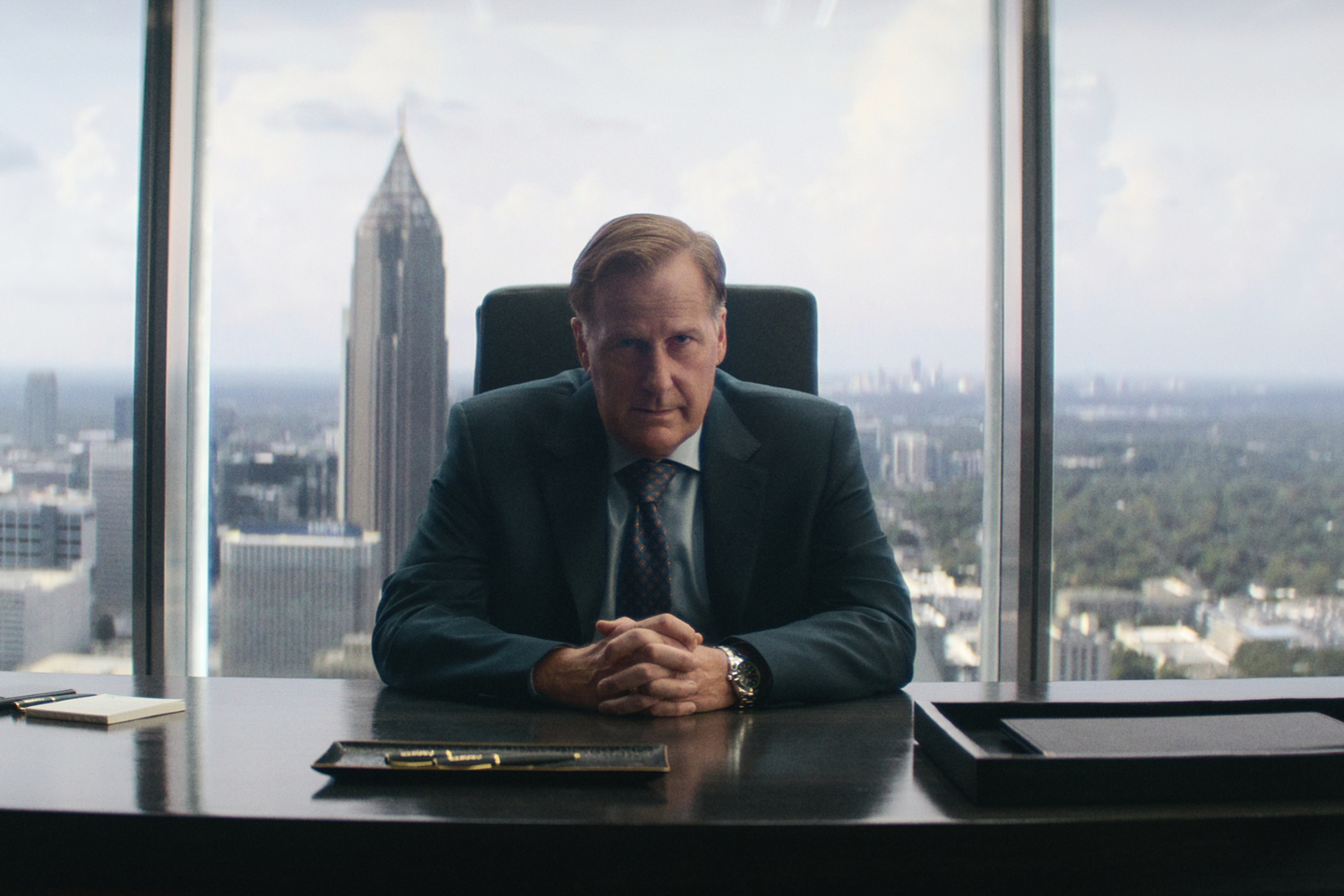Pathetic stereotypes of testosterone-crazed behavior."--Richard Johnson, New York Daily News.
"Thoughtless, aggressive acts."--Suzanne Fields, syndicated columnist.
"Bloody, sadistic ... explosive revenge." --Sheila Benson, Los Angeles Times.
Sounds like quite a movie. Could it be "Harlem Nights," where Eddie Murphy sleeps with a woman and then shoots her? Or a Brian DePalma retrospective? Or any of the other movies every season that glorify violent misogyny? No, the film stirring up all this horror is about two women who don't get raped or murdered, who respond to an attack with deadly anger and who pay the price. "They are horrible role models," writes Liz Smith in Newsday. "I wouldn't send any impressionable young woman I know to see 'Thelma & Louise'."
Watch out. Impressionable women of all ages are flocking to see "Thelma & Louise," and men are showing up, too. A $17.5 million sleeper, it stars Susan Sarandon (Louise) and Geena Davis (Thelma) as a waitress and a housewife whose weekend jaunt turns into a tragicomic escapade of revenge and rebirth. The movie opened late last month and has grossed more than $14 million, thanks to numerous rave reviews and ecstatic word of mouth. It's also met surprisingly virulent criticism. Commentators in the press and on TV have complained that the two women commit too much social and moral damage to qualify as proper heroines or perfect feminists. "Is it feminist ... for a woman with a gun to rob a grocery store?" demands Fields. Benson of the L.A. Times complains that the film displays "an awful contempt for all men." Callie Khouri, who wrote the screenplay, disagrees. "This isn't hostile toward men," she told The New York Times. "It's hostile toward idiots."
Among women moviegoers, "Thelma & Louise" has tapped a passion that hasn't had a decent outlet since the '70s, when the women's movement was in flower. Last week four women who had seen the film were walking down a Chicago street when a truck driver shouted an obscenity at them. Instantly, all four seized imaginary pistols and aimed them at his head. "Thelma and Louise hit Chicago!" yelled one.
What seems to disquiet this movie's critics is the portrayal of two women who, contrary to every law of God and popular culture, have something on their minds besides men. Yet they can't be dismissed as man-haters. Thelma lets a cute hitchhiker with charming manners seduce her, and Louise accepts an engagement ring from her nice-guy boyfriend before they kiss goodbye. The simple but subversive truth is that neither woman needs a man to complete her. Newly hatched outlaws, these women have cut their ties to the past; they're free, briefly and wildly free. To some people, that's a scary sight.
They're probably right to be nervous. The question of what women would do if they had nothing to lose has never been satisfactorily explored on screen; "Thelma & Louise" makes a start, albeit in the realm of fantasy. See that ape insisting it's his right to maul and rape a woman? Shoot him dead. Sick of your body being treated as public property by a leering, slobbering truck driver? Blow up the truck and leave him screaming in the dust. Compared with most gun-toting males in the movies, Thelma and Louise are practically apostles of nonviolence, but they do relish this new approach to being female. "I know it's crazy, I just feel like I got a knack for this shit," muses Thelma, after they've tidily trapped an inconvenient cop.
John Leo, writing in U.S. News & World Report, calls this "an explicit fascist theme." (Some men have no sense of humor.) He also criticizes as heavy-handed one of the film's most impressive scenic devices: a landscape alive with symbols of male power. Huge tractor-trailer trucks speed down the highway, trains shoot across the screen, a crop-dusting plane zooms overhead. These images make it clear that Thelma and Louise are on the lam in a man's world. The most revelatory aspect of this film is its unmistakably female point of view, and a tractor-trailer thundering by their car evokes a truth known to every woman. Whether she's on the road, in the subway or anywhere else in public life, she's treading on male territory. Men set the tone, men are at the controls. When Thelma and Louise decide not to let a flock of police cars choose a fate for them, they're exultant. "Let's not get caught," says Thelma. "Go!"
Are they appropriate role models? Well, compared with the prostitute played by Julia Roberts in last year's megahit "Pretty Woman," who wins big by selling herself to Richard Gere, yes, Thelma and Louise are fabulous role models. They're modeling power, not lingerie. The crime spree is pure Hollywood, but the way they grow stronger, tougher and funnier with every mile they drive makes a lesson fit for a Girl Scout handbook.
Are they feminists, or just imitation men? That's a more pertinent question. Thelma and Louise do employ some well-known male techniques of self-assertion; but after all, this is an emergency. What triumphs in the end isn't guns or whisky, it's their hard-won belief in themselves and the soaring victory that belief makes possible. The fearless driving, the exhilaration even amid a sense of doom, the unruly hair and the dust on their sunburned faces are all images that turn these women into genuine giants of the big screen. Of course they're feminists, but not because they have pistols tucked into their jeans. This is a movie about two women whose clasped hands are their most powerful weapon.
Uncommon Knowledge
Newsweek is committed to challenging conventional wisdom and finding connections in the search for common ground.
Newsweek is committed to challenging conventional wisdom and finding connections in the search for common ground.
About the writer
To read how Newsweek uses AI as a newsroom tool, Click here.








